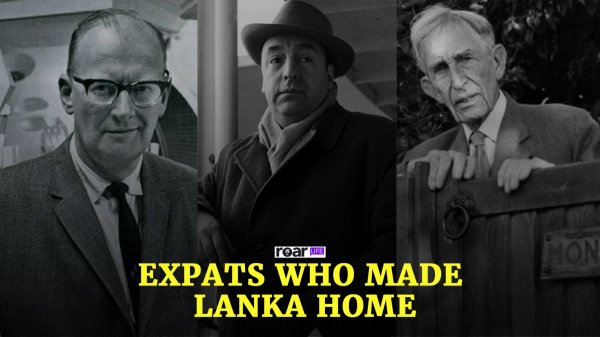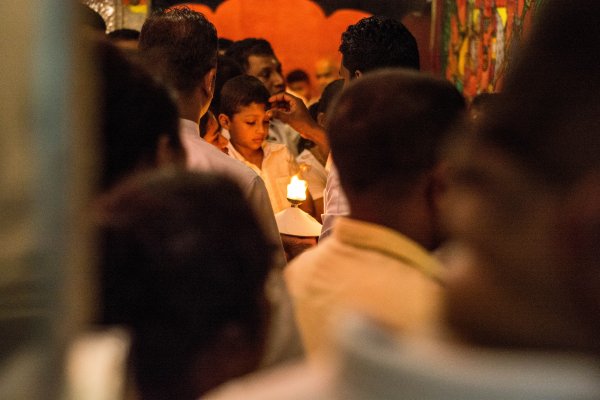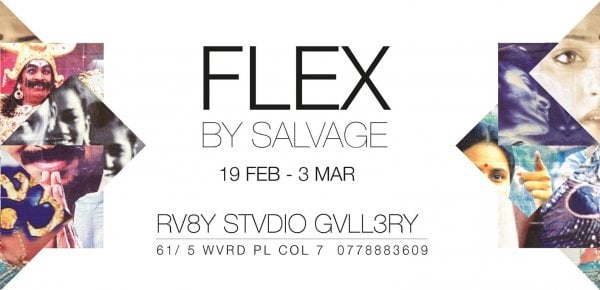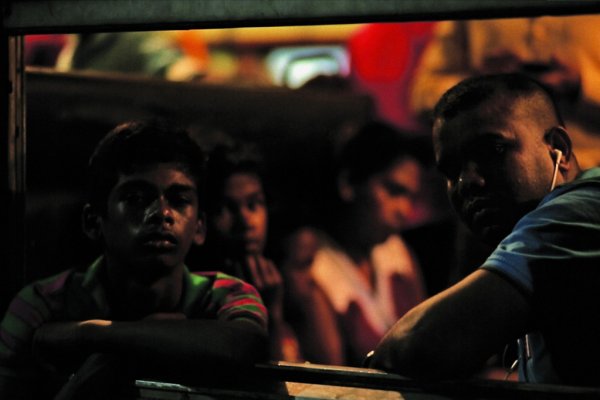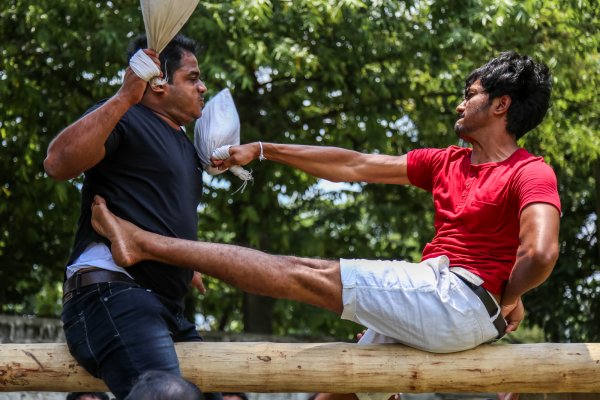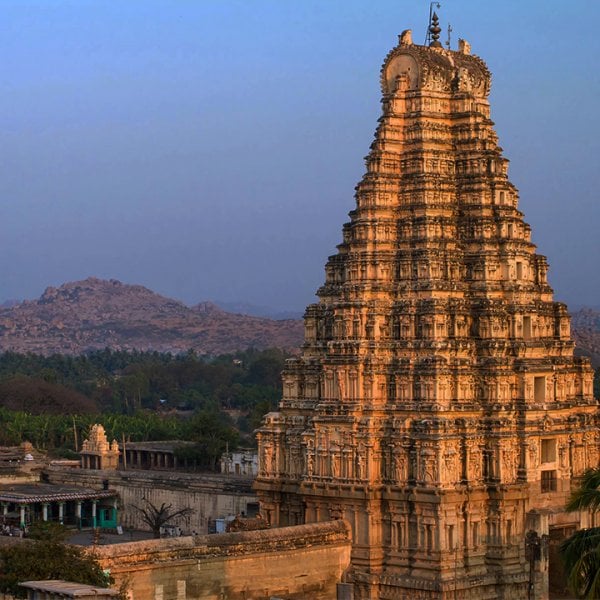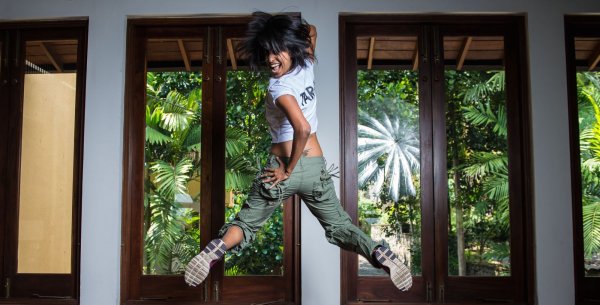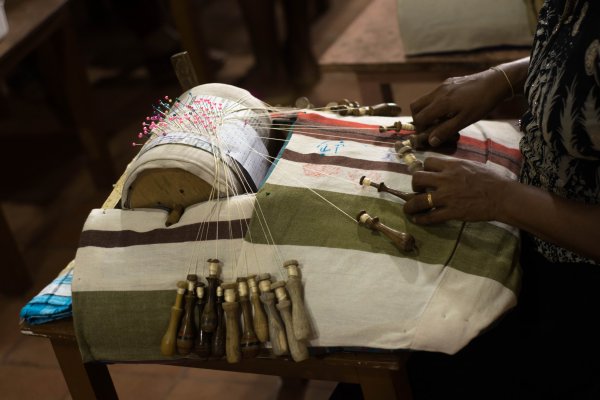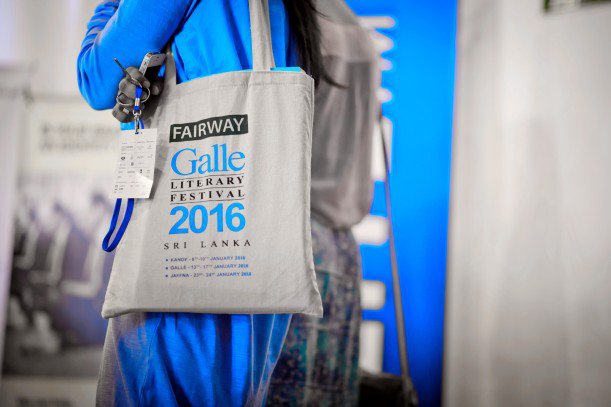
After a brief hiatus since 2012, the Galle Literary Festival (GLF) was back this year, with the participation of writers, scholars, artists, musicians, performers and chefs from across the world.
Despite the rather (sometimes uncomfortably) sunny conditions, many literary enthusiasts gathered in Galle for the series of programmes that spanned a five day agenda, from January 13 –17.
Participants included award-winning writers Sebastian Faulks, Sir Mark Tully, Amitav Ghosh, Anita Nair and Anuradha Roy, performers Fiona Shaw (Aunt Petunia, to you Potterheads) and Nandana Sen, among many others. Also present were our very own contributors to literature, including Captain Elmo Jayawardena, Shehan Karunatilaka, and Nayomi Munaweera.
The festival also witnessed the awarding of prestigious prizes for literature. The 2016 DSC prize for South Asian literature was awarded to Indian writer Anuradha Roy, for her novel Sleeping on Jupiter. Meanwhile, the first Fairway National Literary Awards went to Sepali Mayadunne for Maha Sami in the Sinhala category, while Rizwana Morseth de Alwis (It’s Not in Our Stars) and Ayathurai Santhan (Rails Run Parallel) were jointly awarded the prize in the English category.
Roar decided to check out some of the other highlights of the festival over the weekend, which included a panel on how literary juries work, a late-morning conversation with renowned Indian writer Amitav Ghosh on his Ibis trilogy, and a discussion on Sri Lankan writing in English.
Although the Festival succeeded in luring out a colourful medley of Colombo’s denizens and relocating them to Galle, and while we did enjoy some of the talks we attended, there were a few concerns which we hope the festival organisers will take in good faith.
We understand that hosting a festival of this sort, especially in a country as removed from the rest of the world as ours, is expensive. Bringing down writers and artistes from around the globe would naturally cost quite a lot – but what we’re concerned with, is how the opulence of some of the events sometimes detracts from the point of hosting this festival: literature.
The biggest criticism the GLF has faced, time and time again, is the degree of elitism it imparts to literature, especially English Literature, making the GLF inaccessible to your everyday Sri Lankan living outside Colombo. In that respect, this year was no different, and while we understand that having so many sponsors and keeping them satisfied isn’t an easy task, we wish the focus was more on literature itself than on the brands sponsoring the fest.
This could even have been counterbalanced, say, had there been a better collection of books on sale at the GLF. The collection we saw was, especially for book lovers such as ourselves, unappetising. And for a festival about literature… it seemed at times that the Land Rovers cruising around were more a part of the festival than the books themselves (we’re aware that Land Rover was a main sponsor, but really, the narrow streets of the Galle Fort are best explored on foot or on bicycles – else it defeats the purpose of having the festival at the old Dutch Fort to begin with). This all brings to question the heavy commercialisation that’s often associated with festivals of this sort, and whether or not it is counterintuitive and counterproductive.
Another point we would like to make is that, especially for lovers of literature, there was little to actually take back from the festival itself. Sure, it was great meeting the writers, there were good laughs to be gained at some of the sessions, and even some very valid points and questions raised at discussions. Yet, there were moments during some events – discussions, specifically – where it seemed justice was not done to the topics; the panelists even dodged answering perfectly valid questions raised by audience members. And for people who attended the festival with more than just a social hangout in mind, this was rather disappointing. There ought to be something for the attendees who genuinely seek to engage with literary studies to take back, even if it is just a statement that would help further the study of literature and culture.
We were excited by some of the panels, and topics presented, and looked forward to a learning experience, but were sometimes disappointed. The potential for literature to inform and broaden a person’s perspective of the world was sadly not catered to as well as it could have been. To summarise, we would like more substance and less of a show.
Apart from that, it really was refreshing to walk along the cobbled streets of the Galle Fort, knowing we were surrounded by lovers of books, both writers and readers.
For those of you who missed out, here are some scenes from the GLF, captured by photographer Aamina Nizar.

Writers Sebastian Faulks, Shehan Karunatilaka, and Chhimi Tenduf-la engage in a conversation on comedy in fiction.

An eager attendee clutches her ticket while watching the session with Amitav Ghosh.

Audience members applaud to a performance by Sonam Kalra and the Sufi Gospel Project.

A unique genre of music, the Sufi Gospel Project combines gospel, Sufi, jazz, western folk and Hindustani classical with religious hymns from all faiths, to bring peace and reflection to everyone. Sonam Kalra hopes to unite people in faith and remind us that we are all one in our beliefs through this Project. She first came up with the idea when she, a Sikh woman, who sang Christian gospel, was invited to perform at a Muslim Dargah.

Founder of the GLF, Geoffrey Dobbs, indulges in a bit of laughter.

Shortly after a discussion on his Ibis trilogy, which he started off by reading from Flood of Fire, the third novel in the series, Amitav Ghosh patiently signs books for a (very long!) queue of happy fans.

GLF attendees relax on cushions in between events.

Sensing a lull at the event they’re attending, one audience member uses their smartphone to look up ways on how to ‘survive’ the GLF.

Ramla Wahab-Salman speaks on the histories and traditions of the Muslims of Southwest Sri Lanka.

With her media bag and pass in hand, this young journalist walks into an event.
The final installment of the GLF 2016 is to take place in Jaffna from January 23 – 24, and more information can be found here.

